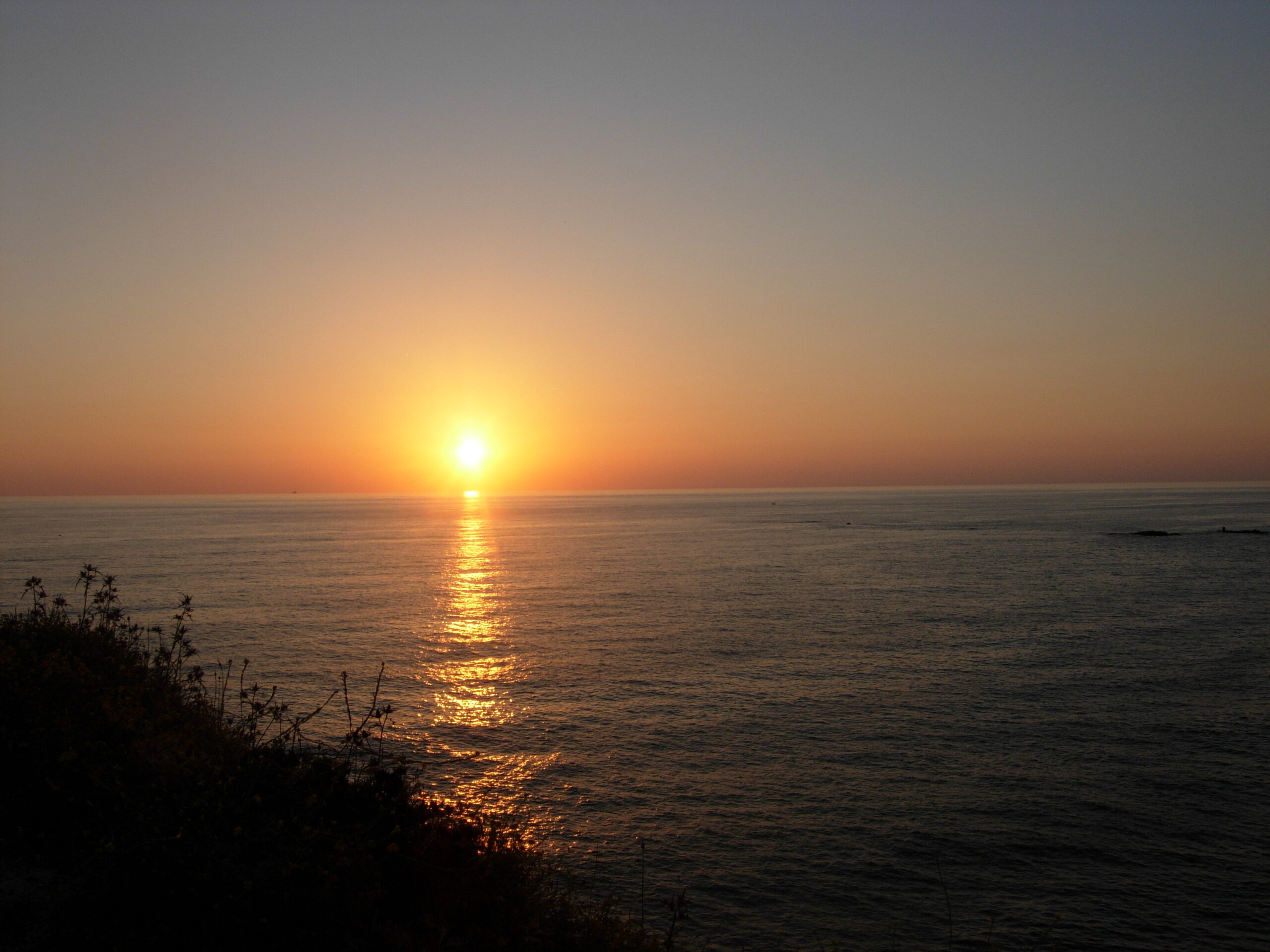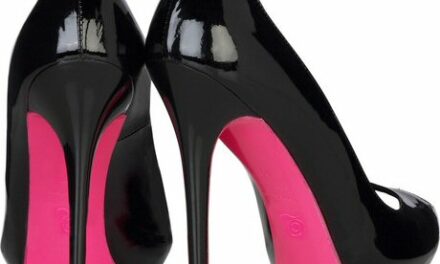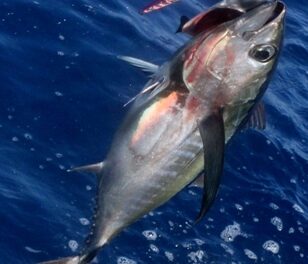
Sunset over waters disturbed with fish nets
AMSHEET: Environmental campaigner Greenpeace is taking to the seas to drum up support for the government’s attempts to control the use of fishing nets that are harming the country’s maritime ecosystem.
The practice of seine fishing is coming under particular fire from Greenpeace, which says the nets that are used are depleting fish stocks and harming the livelihood of local fisherman.
A seine is a large flat fishing net that hangs vertically in the water and is attached by weights along the seabed, stretching out in perpendicular fashion from the shore.
While the nets might not be especially destructive if used properly, the fact that local fishermen are leaving them in the sea for months at a time is causing serious problems, Greenpeace said. Activists from the group toured the northern coast of the country by boat on Thursday to garner the support of local fishermen’s cooperatives.
Greenpeace praised the Agriculture Ministry’s decision last month to ban fishing equipment up to 500 meters from shore, and any net with holes smaller than 20 centimeters.
“The challenge lies in accelerating the implementation of this decision by the ministry, and hearing the demands of fishermen who have been harmed by the use of [these nets],” Greenpeace said in a statement issued on Friday.
During its tour of the coast, Greenpeace activists lobbied local fishermen to sign a petition that represented a unified stance on the issue, calling for compensation for fishermen who have been hurt by the practice of using seine nets.
Greenpeace has highlighted the negative impact of fixed seines and focused on the damage they can cause in a report last month, entitled “A network of marine reserves in the coastal waters of Lebanon.”
According to Greenpeace activists, fishermen in search of higher profits began using seine nets in areas between Amsheet and Tripoli nearly a decade ago.
The Agriculture Ministry doesn’t have precise statistics on how many are being used, but believes the figure is around 30 nets, measuring 500-700 meters long.
The ministry sought several years ago to regulate the use of seine nets, but the efforts weren’t followed up, especially with objections by fishermen who use the nets.
Frustrated by the lack of oversight, Greenpeace this week sought out the heads of 13 fishermen’s cooperatives and unions, to get them to sign the petition. Of the groups that were contacted, six agreed to sign and three declined.
Greenpeace reported as many as 15 seine nets in the areas of Qalamoun and two in Barbara. Both union heads refused to sign the petition, while a fishermen’s group based in Oqaibeh agreed to sign only if the Environment Ministry provided compensation in return.
The petition outlined several harmful consequences of seine fishing. Since fishermen are leaving the nets in the water for months at a time, algae growth causes the nets to turn into “walls,” disrupting migration patterns of fish.
Greenpeace oceans campaigner Garabed Kazanjian highlighted the problem of small boats getting entangled in the nets. “Each net costs between $20,000 to $40,000,” said Kazanjian. “The owners are furious about their damaged nets, and [get into] disputes with fishermen.”
The petition is an important step in raising awareness to protect marine ecosystems.
In the town of Enfeh two groups of fishermen each deployed a fixed seine. Emile Khabbaz, the head of the local fishermen’s cooperative, signed the petition and stated that if a regulation calling for a full ban is implemented and enforced along the entire coast, then he will “gladly” remove the nets.
The head of the Amsheet fishermen’s cooperative, Fares Abi Antoun, ordered his group to stay away from seine fishing, and was the first to sign the Greenpeace petition.
The cooperative’s 34 fishermen only use nets measuring from 110 to 150 meters, which are submerged for only 10 hours a day from June to October.
A member of the Amsheet cooperative, Emile Merhi, said his profits were down by nearly 50 percent as a result of a seine net in nearby Barbara. “On good days I catch 100 kilos, which means a profit of up to $650 per month,” Merhi said.
Rafik Maroun, the head of the fishermen’s cooperative in Kfar Abida, reported no seine nets in his area, but a 90 per cent fall in profits since 2002, due to the use of the devices in surrounding regions.
He said that even with the better-than-average catch of 230 to 300 kilos per month the loss of potential revenue has been substantial. “We have no compensation for the damage,” Maroun said.
Greenpeace is also drafting a second petition aimed at the general public, calling for the immediate removal of seines.






